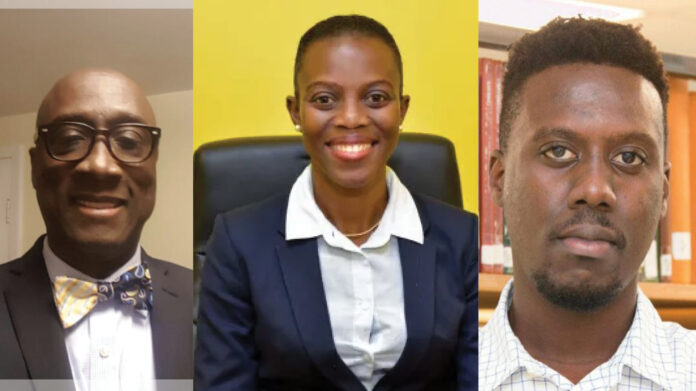
By Makeida Antonio
The role religion still plays in policymaking decisions and voting patterns has been evaluated by a panel of experts.
Backlash could be observed on social media last month from individuals who adhere to certain religious doctrines following the Eastern Caribbean Supreme Court ruling which essentially overturned buggery as a criminal act under the Sexual Offences Act (1995).
While some believed that the decision would corrupt the morale fibre of Antigua and Barbuda, others held the view that the law should not be affected by the church.
Antiguan attorney living in the US, Stafford Byers, highlighted that legislation could ultimately be influenced by religion since a large number of residents in the twin island state identify as Christian.
He disclosed, however, that although he identifies as a Christian, he opposes the legislation of morality which could lead to both government and religion being compromised.
“Religion ought to be free and voluntary. Some things like murder are things we are going to agree on but we must recognise that people have a right to believe differently from the way we believe – or some people have the right to believe nothing at all and we ought to still respect those people,” Byers commented on Sunday’s Big Issues radio show.
Also appearing on the show was insurance agent Erica Edwards who underscored the freedom of religion protected by the Constitution of Antigua and Barbuda, saying everyone should be entitled to openly express religious affiliation – or none at all.
“There is more than one religion that guides this country. We have Baha’is, we have Muslims, we have a range of religions and we have people who choose not to practice any religion,” Edwards said.
The former Democratic National Alliance candidate also shared her concern that one religion holds too much significance in the way political leaders operate out of fear of condemnation.
“Our laws are still geared towards Christianity and I find that Christianity within itself has a lot of control over our legislature even where it comes to a point where our legislature has to be reviewed.
“I find that our leaders are still very sensitive to what the Christian church will do or say,” Edwards added.
Barbadian political scientist Devaron Bruce agreed with other members of the panel saying that the government should uphold the input of NGOs and community members who are not of the Christian faith as societies move towards increased diversity.
“We also have to consider the fact that there are other persons in society who do not fit the mold so to speak.
“We have an increasingly diverse society and I think our legislature and constitutions ought to recognise the fact that other persons exist. You are talking about public space versus a private space,” Bruce argued.
